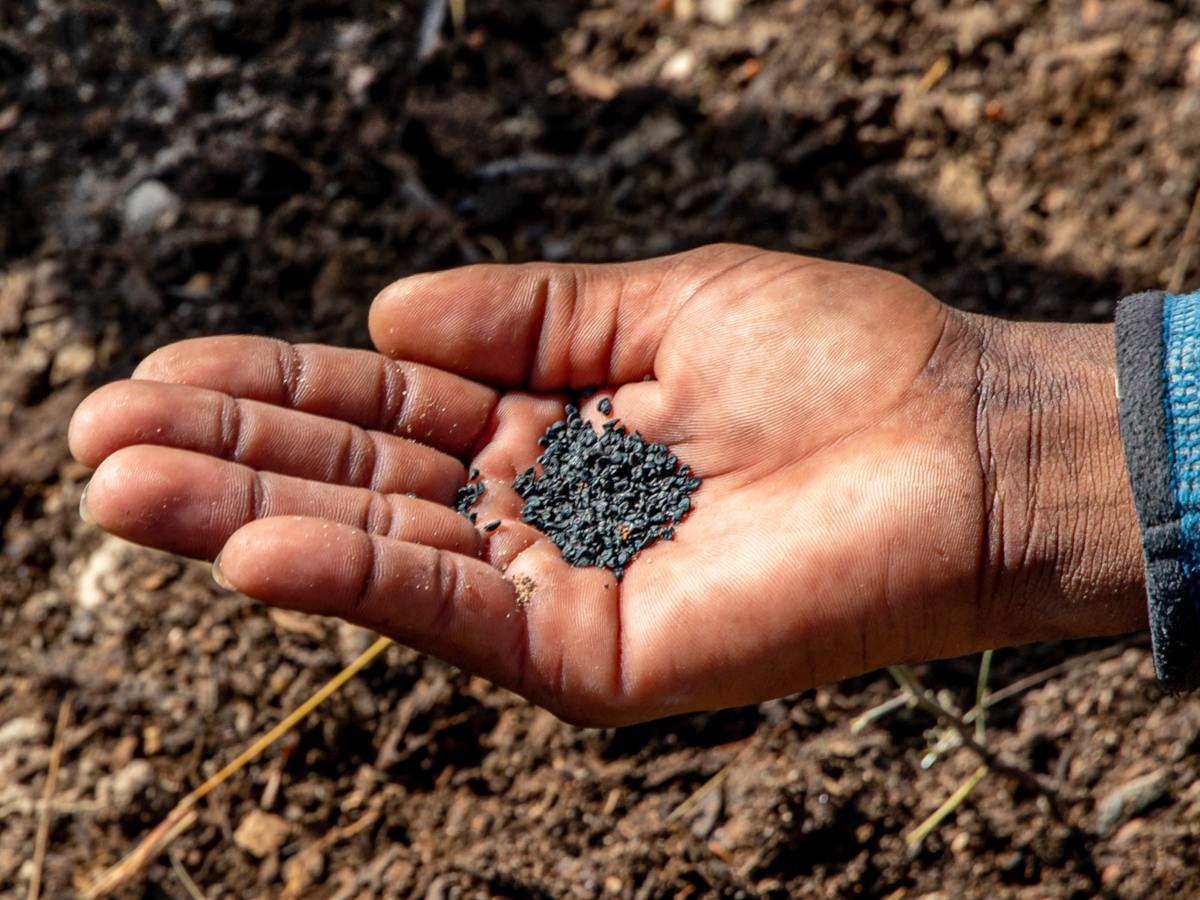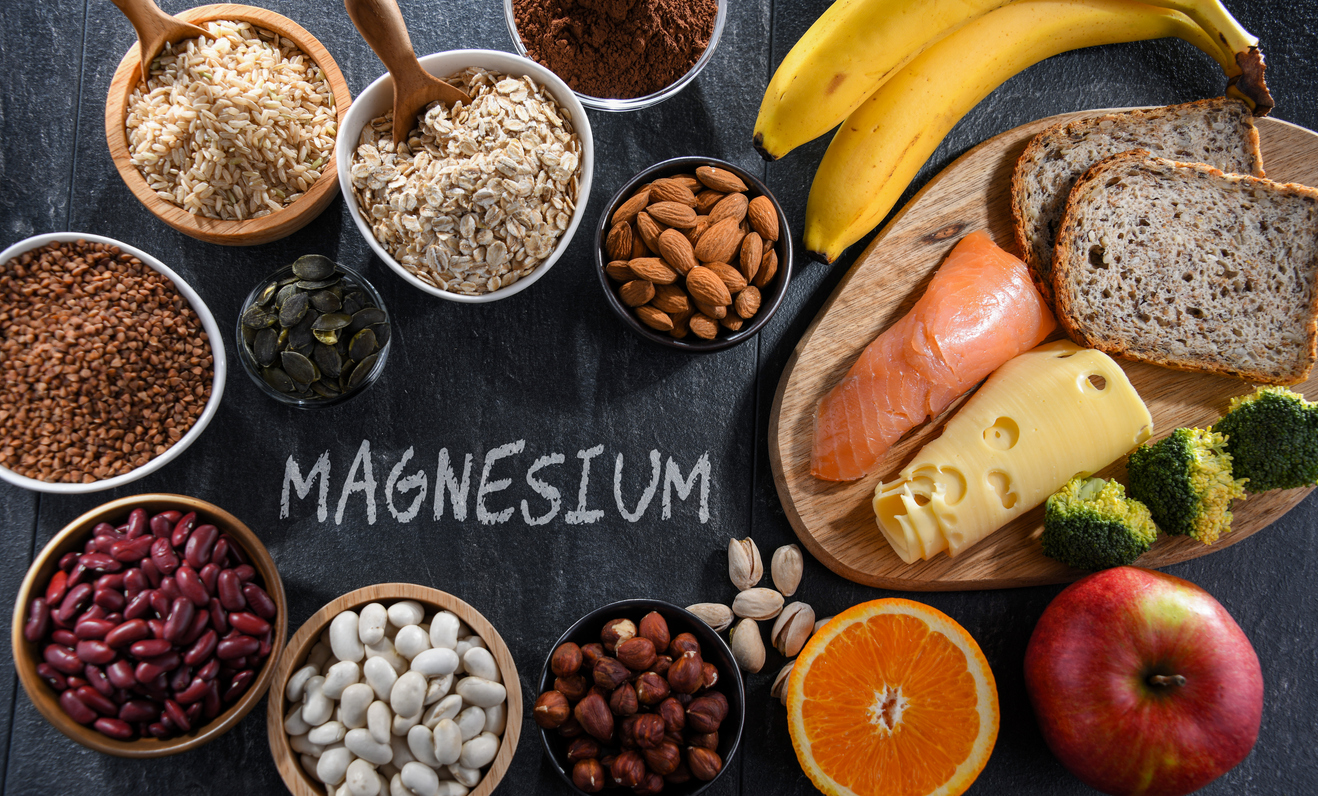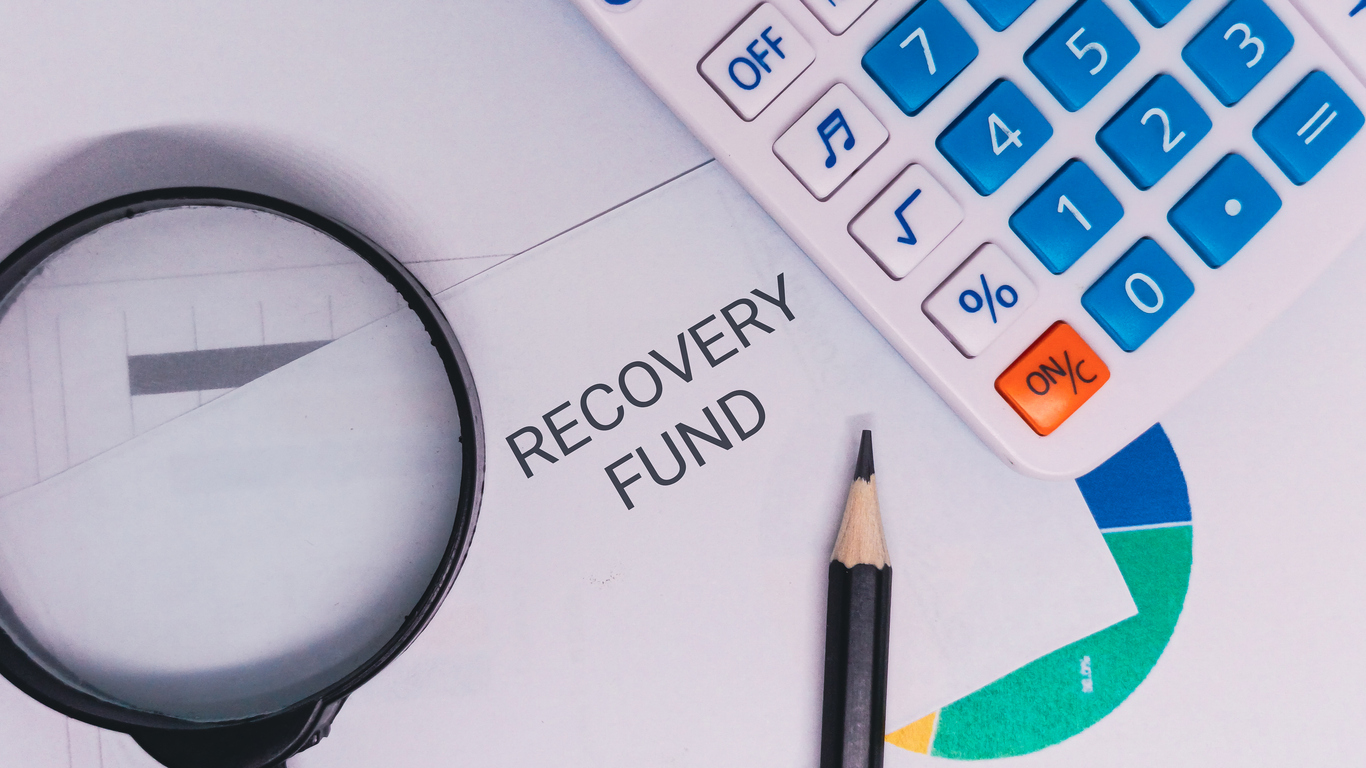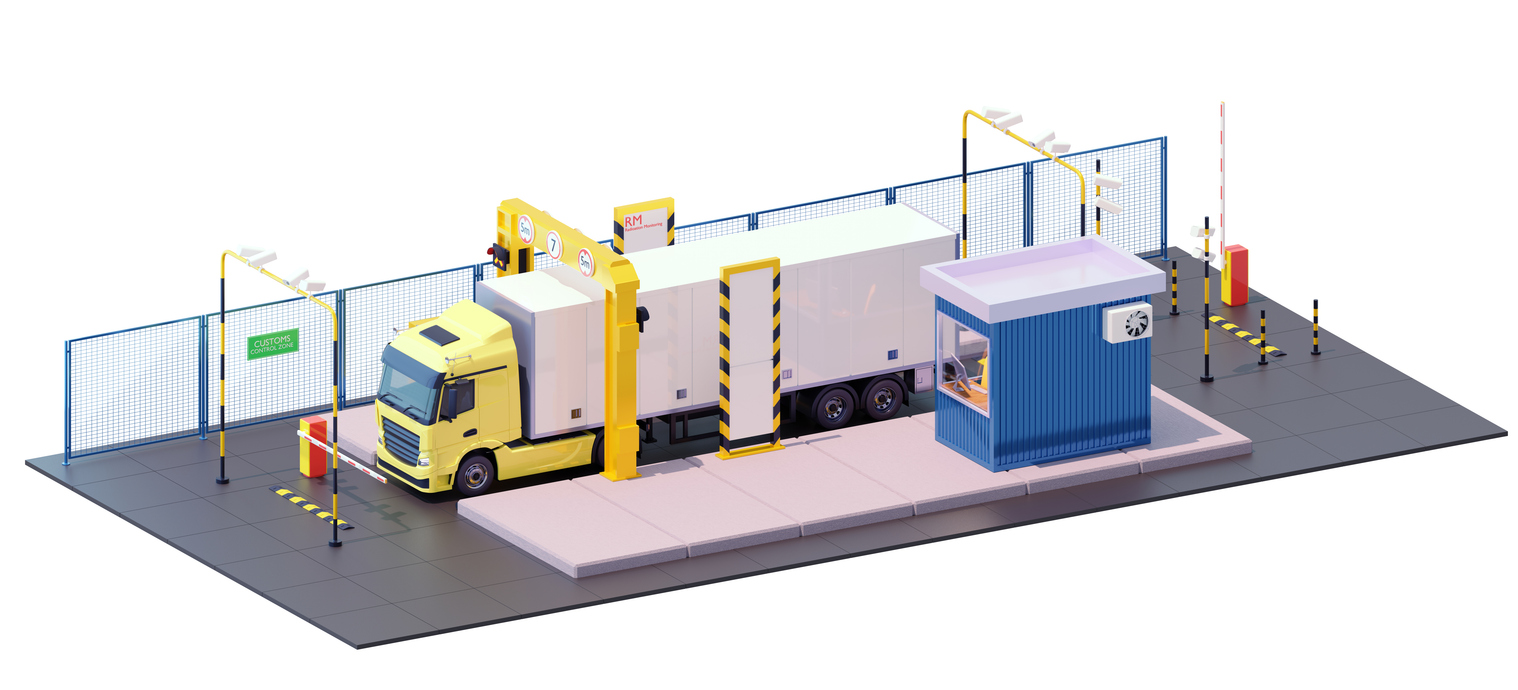How to buy and export Sowing Seeds from Kenya
How to Buy and Export Sowing Seeds from Kenya.
Sowing seeds is one of the most important tasks that farmers perform in their crop rotation. They use the seeds to grow crops and to provide food for their families. However, not every farmer has access to good seeds, or they don’t know how to sow them correctly. In order to get started in seed production, you need to learn about how to buy and export seeds from Kenya.
What you need to know about buying and exporting seeds
Buying and exporting seeds is an important part of crop rotation. If you want to make sure that your family is eating good food, you first need to plant good seeds.
There are many ways in which you can buy and export seed produce, including:
* Buying seed from commercial seed producers
* Planting seed yourself or with a local farmer
* Placing orders online for seeds
* Buying foreign seeds that are rare or out of season at local markets
When buying and exporting Kenyan seeds, there are several things to consider. One of the most important things is ensuring that your seeds are genuine. In addition, it’s important to do background checks on anyone who will be involved in the process of producing or importing the seed. You also have to consider how much time you’re willing to spend on the project. There are many other factors that you should keep in mind before buying and exporting Kenyan seeds.
How to buy and export seeds in Kenya
First, get your seeds from a local source. You can find farmers that sell their own seeds if you’re in a rural area. If you’re not in an area with farmers who sell their own, then you will have to buy seeds from a national or international seed supplier.
Next, visit the Kenya Export Promotion Authority (KEPA) to get up-to-date information on the current seed export regulations. You can also find out what the best time to export your seeds is and what documents are required for your shipment.
Once you have all of this information, it’s time to start your business! Take advantage of the fact that Kenya is one of the most popular places in Africa for exporting food products (since they have no tariffs).
Tips for correctly planting and growing your seeds
It’s important to have the right soil and water for your seeds. If the soil is too dry, you will not be able to store the seeds in it. Too much water can also cause mold or rot to form on the seed.
When you buy your seeds, make sure they are whole and not chipped or cracked. You should also make sure that they are meant for planting and growing plants, because if they are not, they may not work well with your crop rotation strategy.
You can plant seeds in a pot or directly on the ground, but it is important to get a reliable source of water before planting them in pots.
If you do decide to plant them directly on the ground, it’s a good idea to put some mulch at least 6 inches away from where the seed will be planted so that there is protection from direct contact with the sun or rain.
When to sow your seeds
The first thing to understand is when to sow your seeds. This can vary depending on the type of seeds you have, so it’s important for you to know what kind of seeds you’re dealing with. The best time for sowing your seeds is when the soil is moist and fertile. This will ensure that the seed has the best chance at becoming a full-grown plant that can provide food for your family.
Next, think about where to sow your seeds. You need to be careful about where you choose, because there are different types of soil in different regions all over the world. For example, if you’re planting bean seed, you should sow them in a place that has sandy soil near a good source of water.
Finally, think about what type of weather you want your plants to grow in during their life cycle. If there are days when it rains or snows frequently, then you’ll need to consider how much sunlight they’ll get.”
The benefits of buying and exporting seeds.
Buying and exporting seeds is a complex process that involves many different steps. First, you need to find a crop and then determine how much seed is needed. From there, you will need to find an appropriate shipping route and learn about how to export the seeds, including what paperwork you will need.
It may sound complicated, but when done correctly, buying and exporting seeds can be very rewarding. As a farmer, you will have access to more seeds than any other method of seed production, which means more food for your family. This is especially important for those who are in developing countries because they need as many calories as possible to survive without malnutrition.
Seeds are also very efficient compared to traditional methods of farming because they take up less space and help provide more food for the same amount of land. They also require less water than other crops and produce higher yields in general. It’s also important for farmers in developing countries because it’s not only sustainable but saves money on transportation costs by sending seed via air freight instead of shipping them from one country to another by sea or land transport.







LEAVE A COMMENT
You must be logged in to post a comment.